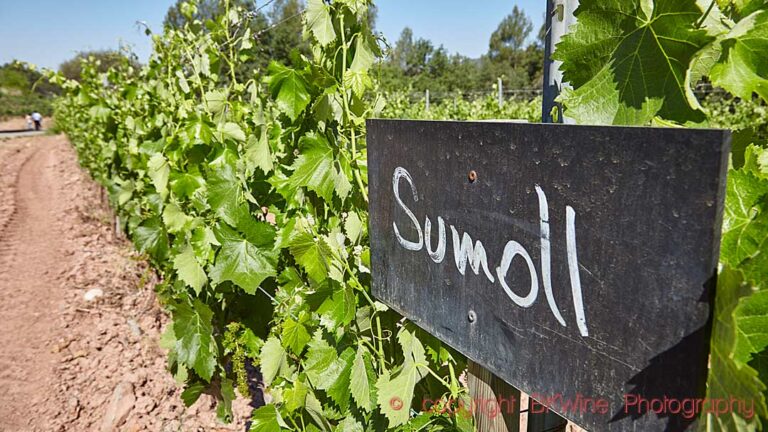Wine consumers love Cabernet Sauvignon, Chardonnay, Shiraz, and Sauvignon Blanc. Or don’t they? There is a lot of talk nowadays about grapes that are forgotten, local, unusual, indigenous, you name it. Suddenly wine geeks are looking for grapes they have never heard of. Why? Are these grapes better? Are the globe trotter grapes I just mentioned getting boring? They certainly don’t have to be. Just open a bottle of Chablis and you will find that Chardonnay is not dull at all.
But I agree, the unknown is adventurous and exciting. I just had a Languedoc wine from Southern France made from the Cinsault grape. It was a delicate, elegant wine, very drinkable and enjoyable and I just wish there were more like it. Cinsault is neither forgotten nor really unknown but it is not very much used as a dominant grape for a red wine. It should be, at least when the wine maker is someone as talented as Jean-Baptiste Granier at Domaine Les Vignes Oubliées (the forgotten vines!). It has even become a tiny bit trendy in Chile, where for example de Martino makes a curious one in earthenware jars, amphora.
This article has been published on Forbes, Bored With Cabernet And Chardonnay? Look For Something Local And Forgotten!
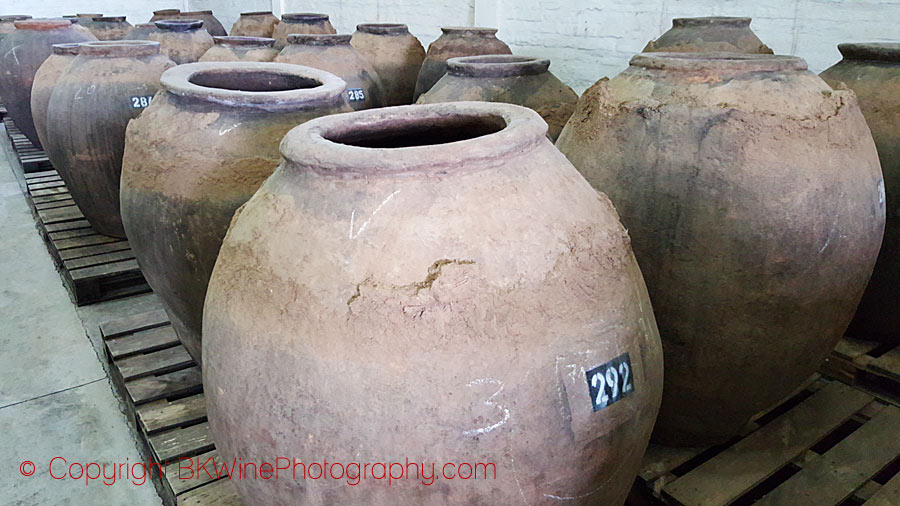
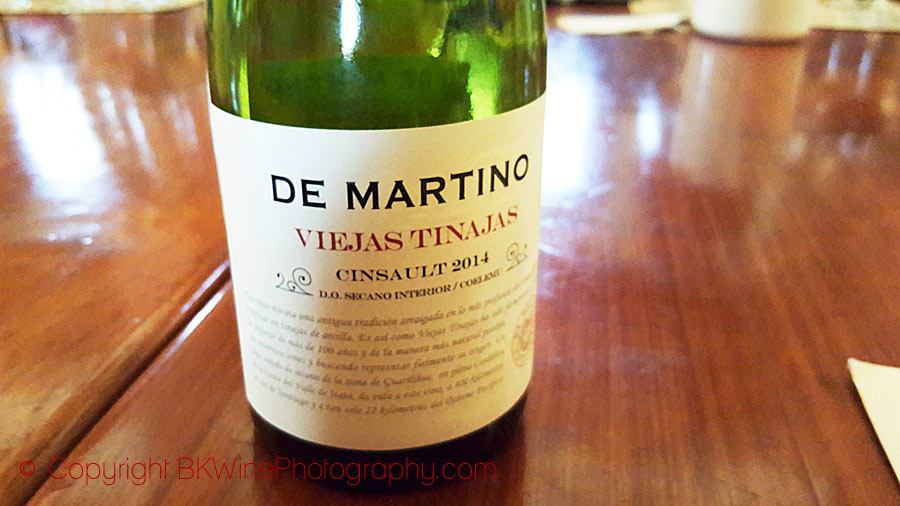
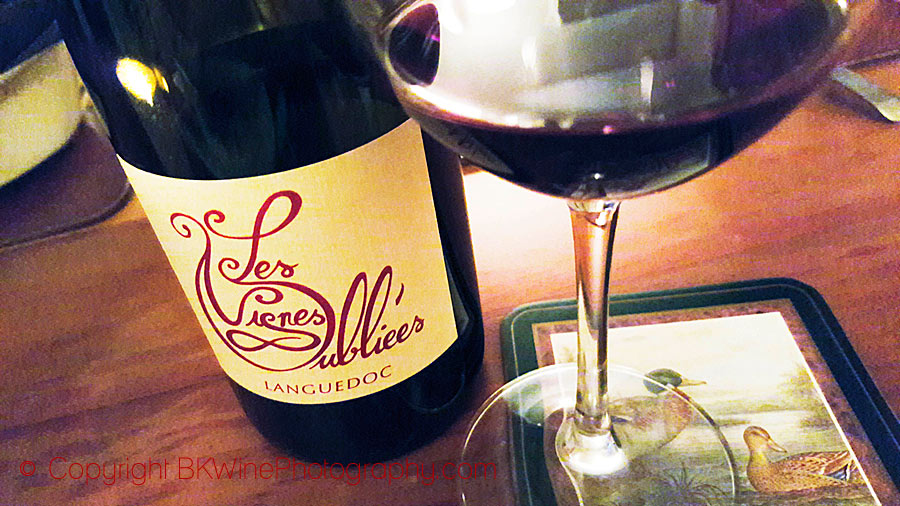
If you are into local grapes, the French region of Gaillac not far from Toulouse is paradise. I do like Mauzac, a white grape they use there for sparkling and still, dry wine with hints of pear and white flowers. Another favourite is the lovely named Len de l’El. That is in local dialect, in French it would be Loin-de-l’Oeil (far from the eye). Domaine du Moulin makes a full bodied, very fruity Len de l’El, blended with a bit of Sauvignon Blanc.
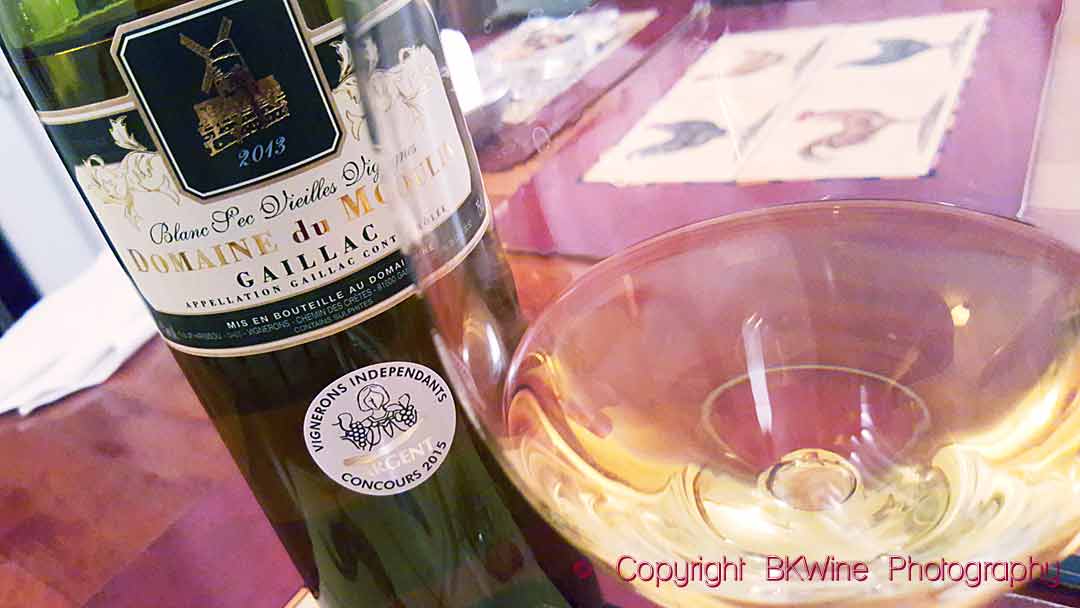
Local grapes mean that they are not very wide-spread outside the home location. But they can be famous all the same. Look at the two Italian giants, Sangiovese in Tuscany or Nebbiolo in Piedmont. The vines prefer to stay where they are but the wines are enjoyed all over the world.
But the Italians have local and almost forgotten grapes as well, for instance the sublime rose scented Ruché. This grape you will find only on 100 hectares in the area of Asti in Piedmont. It has its own denominazione, Ruché di Castagnole Monferrato, as made for instance by Montalbera. Or Grignolino, also in Piedmont. Here the acidity is so high that you need three or four sips to get used to it, but after that, you are hooked and you love it.
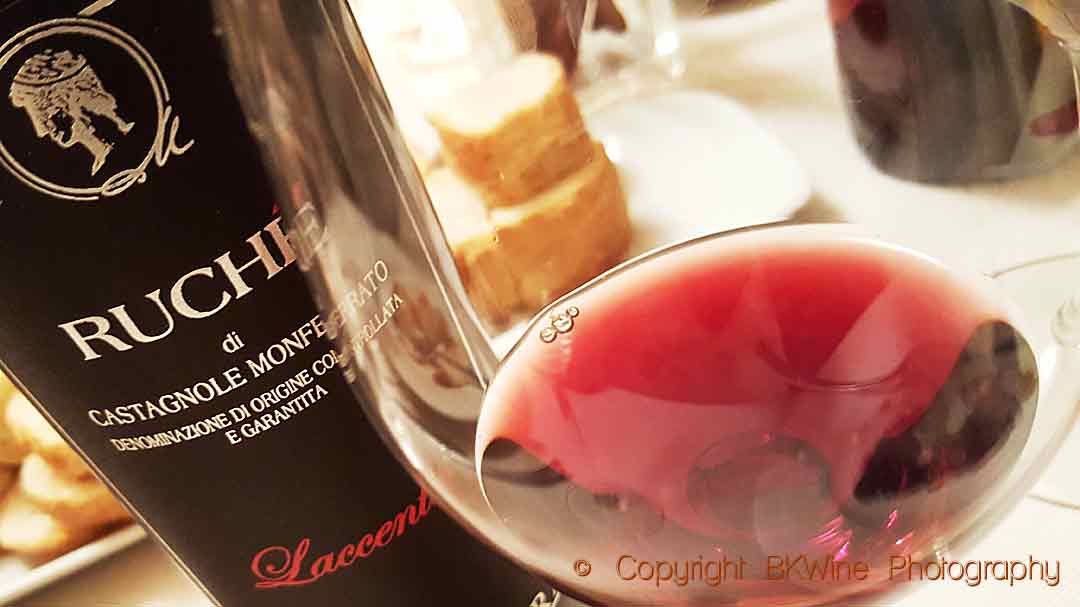
Even in Champagne they have their forgotten grapes. Did you think that Champagne is allowed to use three grapes only and nothing more, that is Chardonnay, Pinot Noir and Pinot Meunieur? Wrong! They can also use Arbanne, Petit Meslier, Pinot Blanc and Pinot Gris.
The two last ones do not really qualify as forgotten, since they are relatively widely used in other regions, although few people know they exist in Champagne. But it might be interesting to know that Champagne Fleury down in Côte de Bar will soon release a 100 % Pinot Gris Champagne. But the two first, Arbanne and Petit Meslier, who has ever heard of them, let alone tasted them?
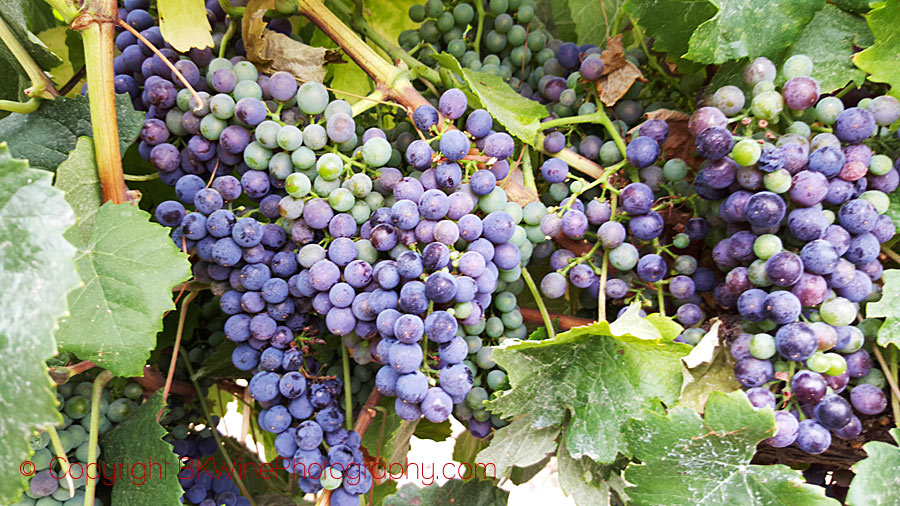
Sometimes forgotten grapes make a comeback. Petit Verdot in Bordeaux is a good example. Hard to ripen in the cool Ocean climate in Bordeaux it was doomed to disappear.
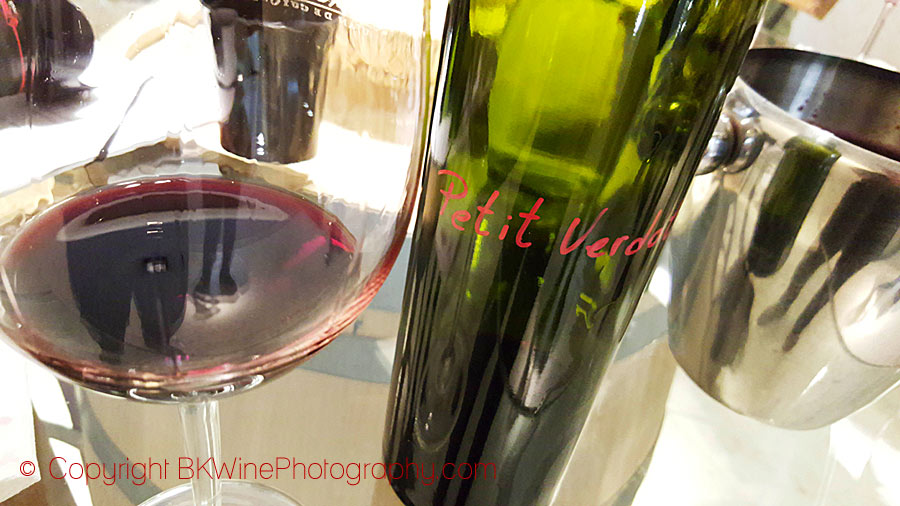
Now the chateaux in Médoc treasure its perfume, colour and acidity. And it has started to spread to other regions too, the Languedoc in France and even to South America where it is grown for example by the biodynamic Bodegas Krontiras in Mendoza!
There is hope for forgotten grapes all around the world. And still things to discover for the adventurous wine lover.
Why not continue on that journey of discovery by joining us on one of our wine tours, for example the wine tour to Chile and Argentina where you will find some unusual grape varieties, or the wine tour to South Africa, where they have their very own Pinotage plus many other exciting things. Or for a more classic destination, join us on a wine tour to Bordeaux, or a wine tour to Champagne.
Travel to the world’s wine regions with the experts on wine and the specialists on wine travel.
Wine tour for the wine lovers and #winelovers. BKWine wine tours.






